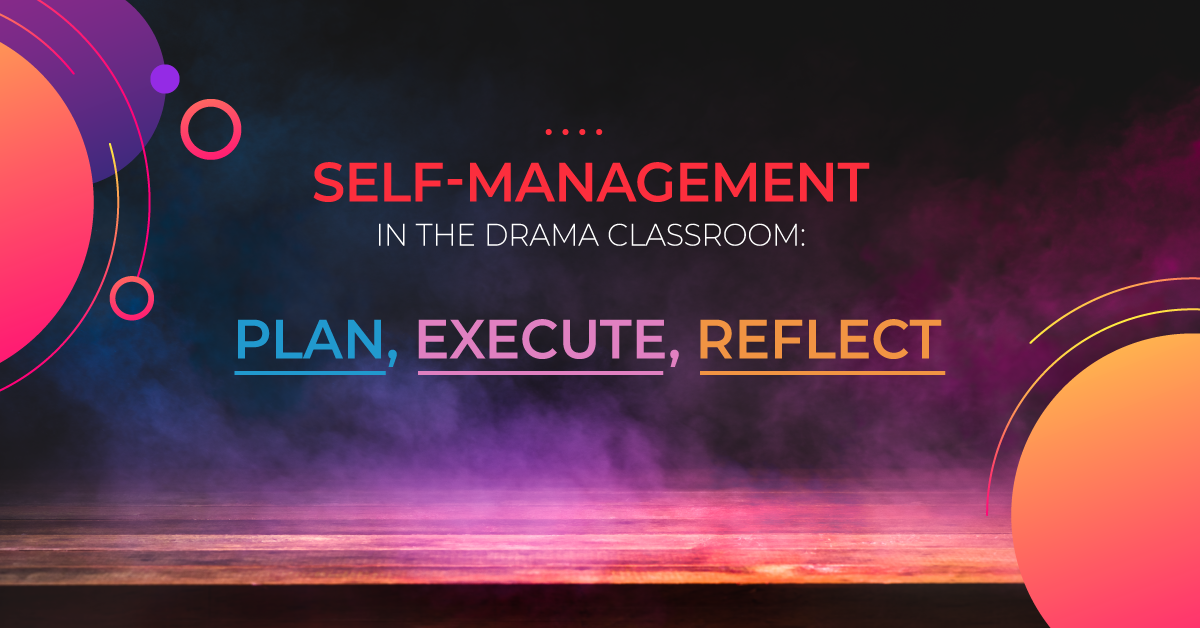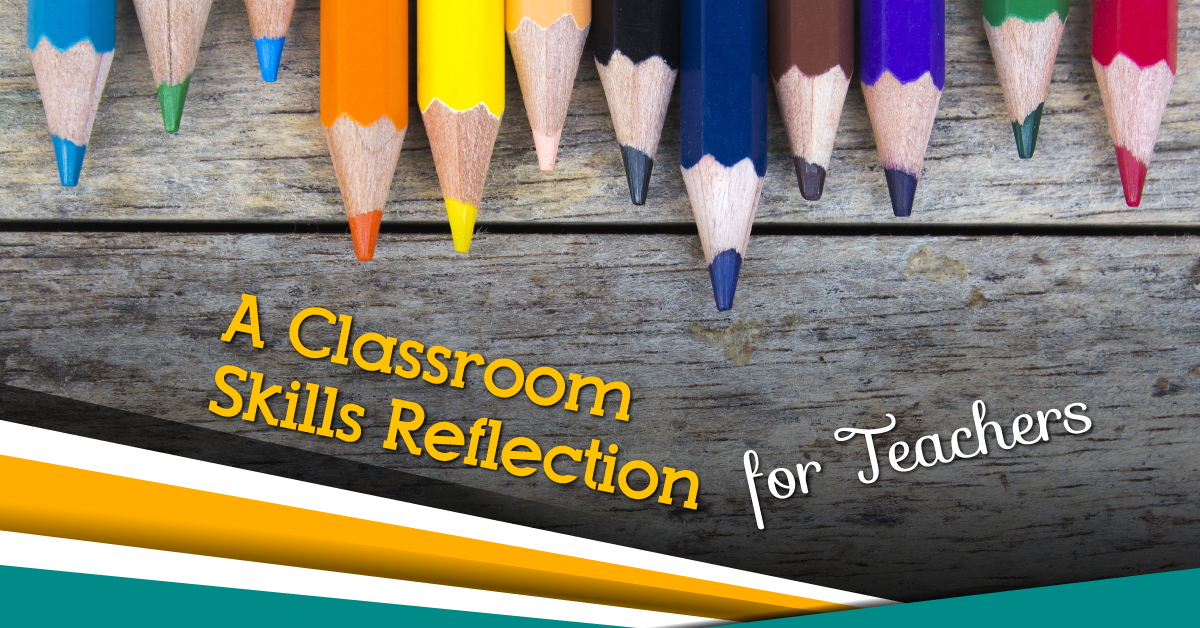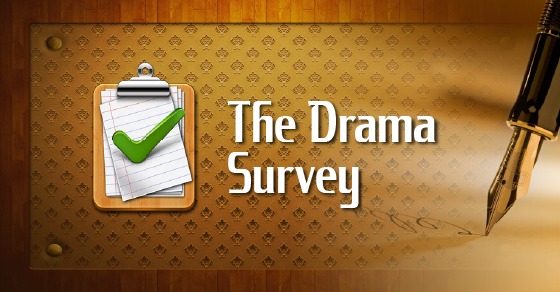Horror Movie 101: Failing Can Be Deadly by Steven Stack is a chilling mix of horror and humor - perfect for student performers and the spooky season! 👻
Why Is Reflection Important?
Reflecting is an important tool in the drama classroom, and an essential part of personal growth. If your students ask you why reflections are important, here are five reasons you can give them:
1. Students can contemplate what was taught and work towards applying it.
Sometimes students need some time to process the lessons learned in class. Writing out their thoughts can help students gain a deeper understanding of the lesson and how they can apply it to future lessons, performances, and even their own day-to-day lives outside the drama classroom. Reflecting on their experiences after the fact often leads to “aha!” moments and connections that they aren’t aware of while in the thick of the process.
2. Students can grow their self-awareness and think about what could be improved for next time.
No exercise or performance is perfect. Reflection gives students the opportunity to acknowledge their mistakes and shortcomings and learn from them privately, as reflections are just between the individual and the drama teacher. Students can practice looking at their participation and performances objectively and point out any areas they’d like to improve upon, rather than just doing the same thing they’ve always done.
3. Students can notice what went well and celebrate their achievements.
Conversely, we are always so focused on “fixing” everything, analyzing every little mistake, and moving onto the next task, that we often forget to celebrate the good things. Reflecting allows students to notice what they did well and celebrate those victories. It may take some time for students to be able to savour those successes but it’s so worth it for them to practice being proud of their accomplishments.
4. Students can notice trends and growth in their learning.
Have students keep their reflections filed together in their drama folders or binders (preferably by date) after submitting them for grading, so they can look back on their work and notice trends and growth. Are there certain words, phrases, or feelings that keep coming up in their reflections? Is there perceptible progress in any areas? Any growth, no matter how seemingly small, is worth celebrating.
5. Students can set goals and evaluate the pursuit of their goals.
At the beginning of the term, have students set goals (you might like to try “The Wish Jar” exercise for this) for what they’d like to learn or achieve in drama class. Have them note their goals in their reflection and write about why they want to achieve them. Check in periodically and have students reflect on their progress. Use the Goal Setting Reflection giveaway at the bottom of this article for this process.



